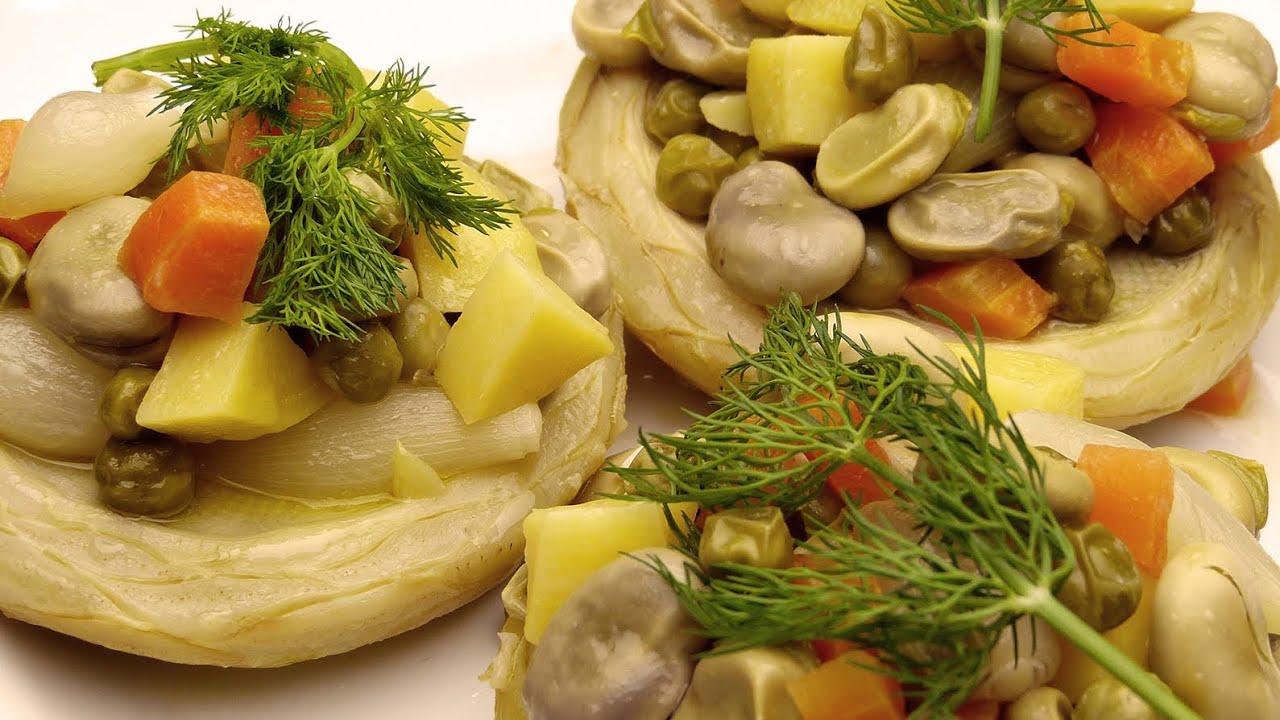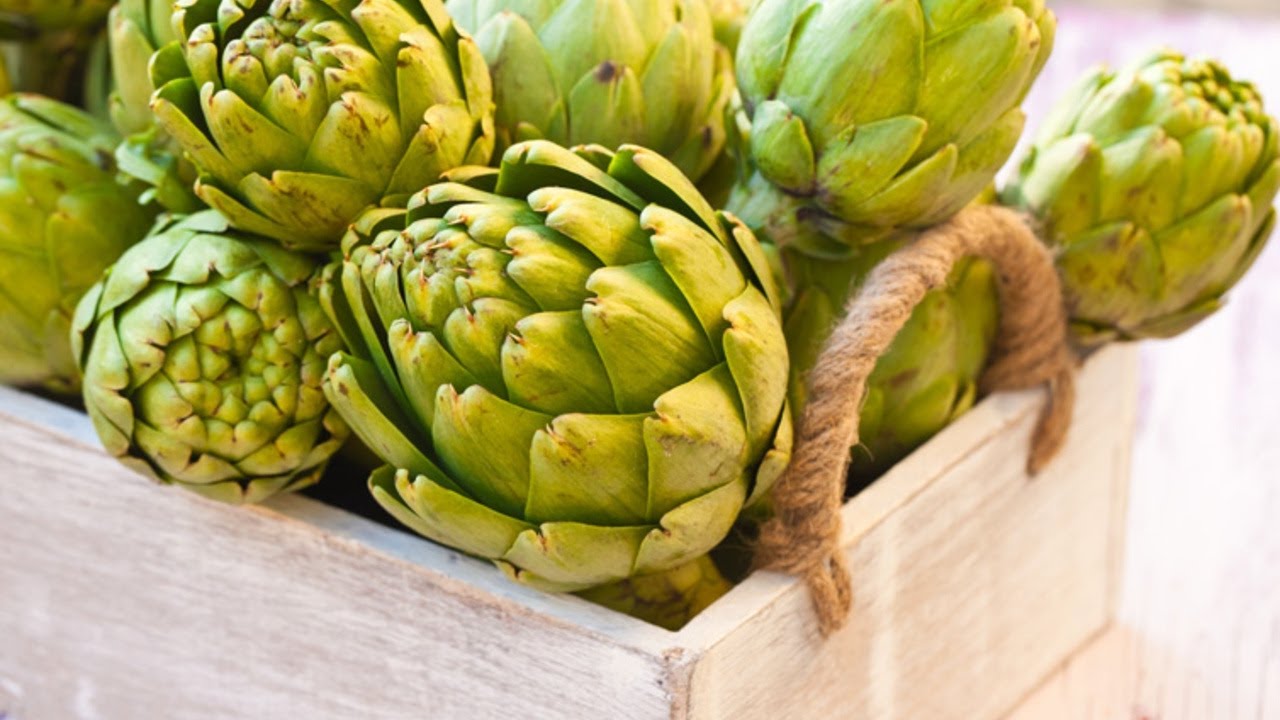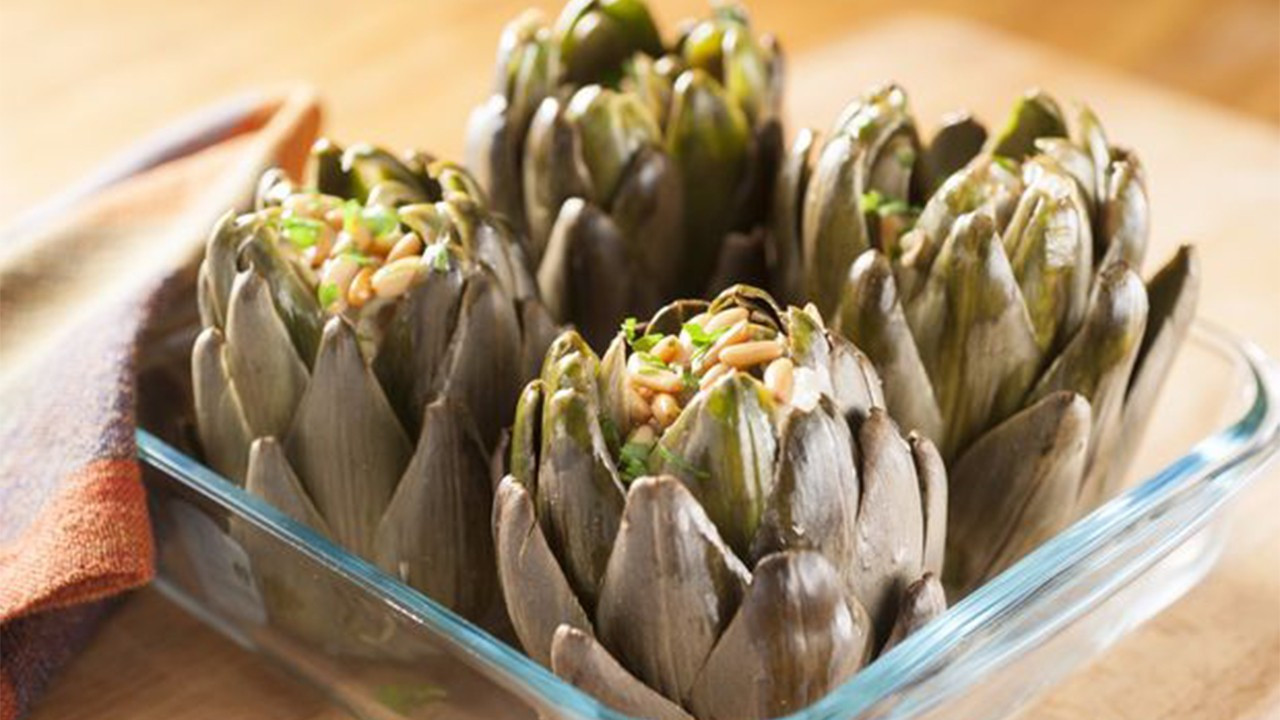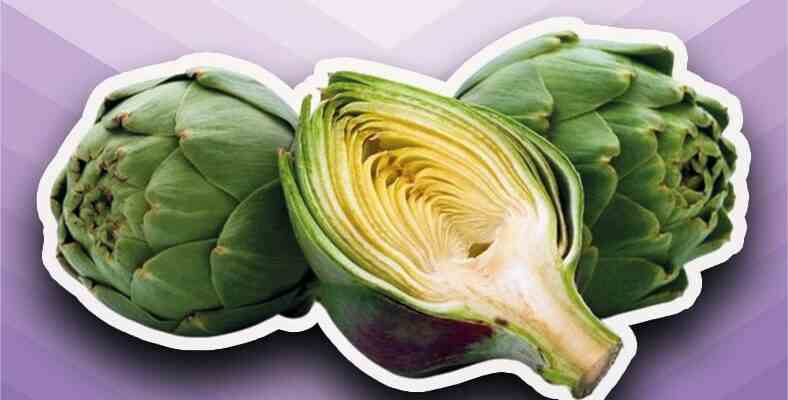Artichoke, which is one of the first dishes that comes to mind when vegetables are mentioned in Turkish cuisine, has gained a place in our food culture with its delicious recipes, even if it is not preferred by meat lovers. In addition to being delicious, let’s examine in all details what are the benefits of artichoke, which has numerous positive effects on our body thanks to its natural components.
When it comes to Turkish cuisine, people generally think of pastries and meat dishes. Yes, each of them is delicious, but the vegetable dishes of our cuisine also have a special place. Especially in the Mediterranean and Aegean regions of our country, real food miracles are created with vegetables. One of these vegetables is artichoke. The main fleshy part in the leaves, which is called the artichoke heart, He is the architect of the most delicious dishes.
Artichoke recipes may vary from region to region. Some simply boil it and add lemon and olive oil on top, while others mix it with many spices and legumes to make a delicious meal. No matter how it is eaten, artichokes are not only delicious, but also provide numerous positive contributions to our body thanks to the natural components in it. Bride Let’s take a closer look at the benefits of artichoke and let’s see how it has positive effects on our body when we eat it.
What are the benefits of artichoke?
- It is extremely rich in nutritional value.
- Artichokes are a true cholesterol friend.
- It regulates blood pressure by balancing blood pressure.
- It allows your liver to regenerate.
- Artichoke is a complete intestinal friend.
- It has the ability to balance blood sugar.
- It is possible to reduce the risk of cancer by eating artichokes.
- It is recommended to eat artichokes during pregnancy for healthy babies.
- It strengthens the immune system and protects against diseases.
It is extremely rich in nutritional value:
- In 129 grams of raw artichokes;
- 13.5 grams of carbohydrates
- 6.9 grams of fiber
- 4.2 grams of protein
- 0.2 grams of fat
- 25 percent vitamin C
- 24 percent vitamin K
- In 120 grams of cooked artichoke;
- 14.3 grams of carbohydrates
- 6.8 grams of fiber
- 3.5 grams of protein
- 0.4 grams of fat
- 15 percent vitamin C
- 22 percent vitamin K
The nutritional values found in a serving of raw and boiled artichokes are generally like this. At the same time, an artichoke, which has about 60 calories, folate, magnesium, iron, phosphorus and potassium is found. It is also rich in antioxidants. Despite such a rich nutritional value, the low carbohydrate and fat components are a great advantage.
Artichoke is a true cholesterol friend:
Artichoke heart has high nutritional value as a vegetable, but its leaves, which are often thrown away as garbage, are just as beneficial. In one study, 700 people were given artichoke leaf extract for 13 weeks. It was observed that bad cholesterol decreased by 30 percent. In the same study, it was observed that triglyceride also decreased by 22 percent. Thanks to its rich antioxidant components, it is thought to increase good cholesterol, although it is not certain.
Regulates blood pressure by balancing blood pressure:
The biggest problem of high blood pressure patients is irregular blood pressure. Because of the irregular blood pressure, the blood pressure can rise too much. Artichoke, Thanks to its rich potassium content It helps to balance the blood pressure of the person and therefore to regulate the blood pressure.

It allows your liver to regenerate:
The liver is damaged, especially due to heavy alcohol use and sugar consumption. Fortunately, our liver is a self-renewing organ, but it needs support. This support comes from the artichoke. Especially artichoke leaves, by accelerating the liver’s self-renewal process It allows the production of bile and thus removing harmful toxins from the body. It also has the task of protecting the liver.
Artichokes are gut-friendly:
Artichokes contain a type of fiber called inulin fiber. This fiber regulates the digestive system. It prevents the occurrence of problems such as diarrhea and constipation. The probiotic property of the same fiber also prevents nausea, heartburn and bloating. Artichoke, which increases the formation of gut-friendly bacteria, reduces the risk of colon cancer.
Problems such as abdominal pain, diarrhea, cramps, constipation and swelling occur in people with Irritable Bowel Syndrome, which is known as irritable bowel syndrome among the people. artichoke leaf as it balances gut bacteria It especially prevents muscle spasms, which can be extremely painful.
It has the ability to balance blood sugar:
Artichoke itself or an extract made using artichoke hearts reduces alpha-glucosidase activity. When this activity decreases, blood sugar drops. So for diabetics suffering from high sugar, artichokes have a positive effect. However, studies on the subject are not conclusive.

It is possible to reduce the risk of cancer by eating artichokes:
There are many different antioxidants in artichokes called rutin, quercetin, silymarin and gallic acid. Each of these It is known to be effective in preventing cancer. Although it is not certain yet, studies on animals show that the antioxidant named silymarin has both a preventive and curative effect against skin cancer.
It is recommended to eat artichokes during pregnancy for healthy babies:
Studies in recent years have revealed that the baby growing in the womb is protected from possible birth defects thanks to folic acid and its development is much healthier. For this reason, pregnant women are given folic acid supplements during this period. Supplements should of course be taken when necessary, but should resort to natural means first You should not exclude artichokes, which are extremely rich in folic acid and folic acid, from your diet during pregnancy.
Protects against diseases by strengthening the immune system:
What did we say; Artichokes contain vitamin C, vitamin K, antioxidants, folate, magnesium, iron, phosphorus and potassium. When we look at all this whether or not you have any disease We see that there are components that strengthen the immune system. In other words, it is possible to reduce the risk of all kinds of diseases by regularly eating artichokes without being sick.

What are the harms of artichoke, who can not eat artichoke?
Artichokes are helpful but not for everyone all the time. For example, taking diuretics or if you are receiving treatment for liver and gallbladder conditions artichokes may not be good for you. It regulates blood sugar and blood pressure, but diabetic patients who take medication or are treated for this issue and blood pressure patients should be extremely careful when consuming artichokes. You should definitely consult your doctor, especially if you do not eat it as a meal and consume the essence.
It is one of the indispensable vegetable dishes of Turkish cuisine. What are the benefits of artichokes? We talked about the positive effects it has on our body by answering the question. What we describe is for informational purposes only. Do not forget that you should get the most accurate and specific information about artichoke consumption from a specialist doctor, as in all health issues. If you know any delicious artichoke recipes, you can share them in the comments.
